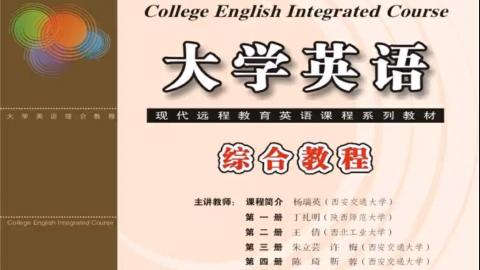1、journey n.旅行,行程
journey from... 从....去....旅行
go on a journey 去旅行
plan to do sth. 计划做某事
by myself =on one's own 独自,我自己
alone adj. 单独的,独自一人的,孤单的,常作表语。
to tell you the truth=to be frank 说实话
feel like doing sth. 想干某事
alone adv. 独自地,仅仅
2、比较:loney, alone, lone, solitary
这些形容词均有“孤单的,寂寞的”之意。
loney:强调孤独感,含“渴望和他人在一起”的意味。
alone:普通用词,指独自一人的状态,有时含孤寂之意,是表语形容词。
lone:较文雅,是定语形容词,可与lonely换用。
solitary:可指因被遗忘或遗弃而产生的孤独感,也可指人的生性孤僻。
4、vegetate v. 生长,无所事事, 使像植物般生长
5、hedgerow n. 灌木篱强
nip sth in the bud. 把......消灭在萌芽状态。
6、metropolis n. 大都市,重要中心
7、elbowroom n . 活动余地,自由活动的空间
incumbrance n. 阻碍物,累赘
8、solitude n. 孤独,独居,荒僻之地
give oneself up 放弃自己,屈服
for the sake of 为了......的缘故,为了.......起见
9、 retreat n.隐居处,撤退
whisper vi.低声说,窃窃私语
10、liberty n.自由,自由权
11、 be free of 远离;摆脱;没有;免除
for the most part 主要地
inconvenience n. 不便,麻烦
leave...behind 把......遗留在,把......忘在
get rid of 摆脱,除去
catch of sb... 赶上某人
12、indifferent adj. 漠不关心的;无关紧要的,中立的
13、plume vt. 整理羽毛,用羽毛装饰,自夸
bustle n. 喧闹;活跃;热闹的活动
vi. 喧闹;忙乱
bustle about sth. 忙于做某事
resort n. 度假胜地;手段,凭借
vi. 诉诸,常去
impair vt. 损害,削弱
14、absent oneself from 缺席,(使自己)不到场
at a loss 困惑不解,不知所措;亏本地
the moment=as soon as 一.....就......;一旦......;当......时候
类似的还有:the instant, the minute.
found oneself in... 处在......的环境当中
15、for once 就这一次
16、beneath prep. 在......下面,在......下方
